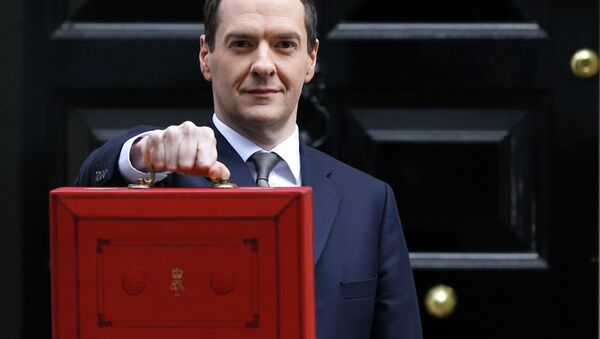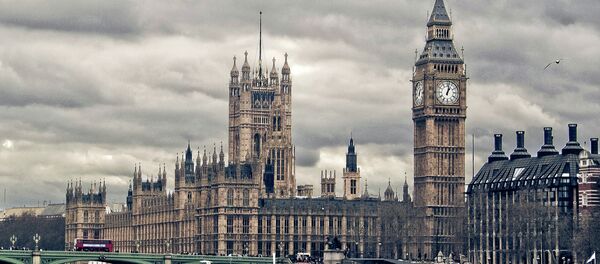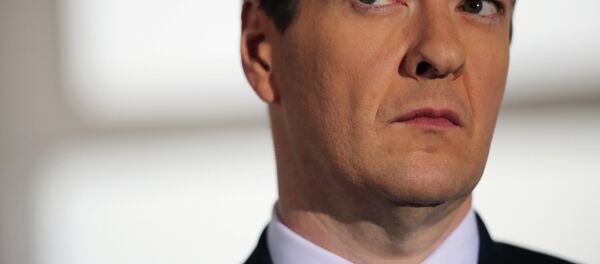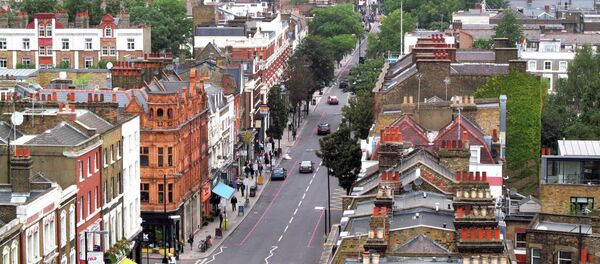People struggling to get on the property ladder will no doubt welcome the new ‘Help-to-Buy ISA (Individual Savings Account) — a scheme by which the government will add £50 to every £200 saved towards a deposit.
Savers — who have had a terrible time in recent years with historically low interest rates, will not have to pay any tax on their first $1,475 of savings.
Those on the minimum wage will see it rise by 30 cents to $9.89 in October. Personal tax-free allowances will rise- to $16,223 by 2017 and farmers — whose incomes have fallen sharply in recent years — will be allowed to average their incomes for tax purposes over five years. Annual tax returns will be abolished, making life easier for the self-employed and small businesses.
Meanwhile, after five years in power, the Conservatives have pledged to establish new criminal offences to clamp down on tax avoiders and those who aid them.
This was easily George Osborne's most 'progressive' Budget of the six he has delivered.
The biggest beneficiaries will be couples with two children earning $29,487 or $44,246 a year, while most of those who will be worse off are in the categories of those earning $235,902 and $294,878 a year.
Indeed, looking at the package as a whole, it's no surprise that Shadow Chancellor Ed Balls has said there was nothing in the Budget that Labour would reverse — if it won the General election.
In a sense, that's a victory of sorts for the Tories. But will Osborne's measures be enough to convince ordinary people — and particularly people in key marginal seats where the election will be won and lost — that the Tories really are on their side?
The years following the financial crash of 2008 have been extremely hard for the majority of people in Britain. 'Average living standards have fallen dramatically since the recession, as income growth has failed to keep pace with the rate of inflation. Our projections suggest that real median household income in 2013-14 is more than 6% below its pre-crisis peak', the Institute of Fiscal Studies reported in 2014.
In 2013 it was reported that there had been a 5.5% fall in real wages in Britain since 2010.
Things have become a little easier in recent months due to falling prices of food, petrol and energy, but Osborne's Budget claim that 'the sun is starting to shine' won't chime with the experiences of the millions of Britons who are still finding it hard to make ends meet.
Let's be honest: none of the underlying problems affecting the British economy were tackled in the Chancellor's Budget. Privatisation has been a major factor in pushing up the cost of living, yet the government rejects any moves to bring the railways and utilities back into public ownership.
Quite the contrary: only last month, the East Coast line, which had been, by any objective measure, a great success in public ownership — returning over $1bn in premiums to the Treasury- was re-privatised. While Osborne boasts about 'a record number of people in work' and a fall in unemployment, the number of people employed on zero-hours contracts continue to rise — now reaching almost 700,000. Savers will gain benefit from having their first $1,475 of savings income free from tax, but the problem of very low interest rates remains.
And the new Help-To-Buy ISA does nothing to deal with the 'supply' side of the housing crisis, and the lack of affordable homes — a situation made worse by the misguided sell-off of council houses and the failure to replenish the stock of council houses.
If we look at the bigger picture, it's hard not to conclude that Osborne's measures are a case of 'too little, too late'.
It's the sort of Budget that would have been acceptable in 2011 or 2012, but of course, those were not general election years.
If the Conservatives do get re-elected, then swinging cuts — four times bigger than this year- will be in store, and it may be that fear of what lies ahead — as opposed to the goodies we've actually got — that will determine the public response.
Follow Neil Clark on Twitter @NeilClark66







